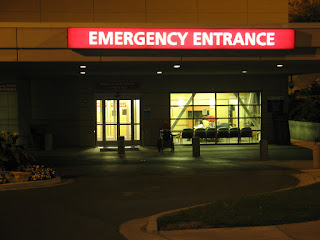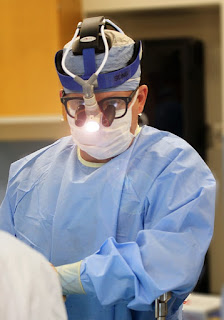An emergency medicine residency is a 3 year program that trains medical students to prepare for careers in emergency rooms, trauma centers, and other intensive care related treatment centers. These programs are designed to cover a wide variety of emergencies such as burn care, heart attack, and broken bones. However, there is no limit to what an emergency room doctor can see throughout their time. For this reason, doctors that practice within trauma centers find that they continue to learn throughout their career and are pushed to further their knowledge on a day to day basis. It's safe to say you'll never have a boring day at the hospital.
What to Consider Before Applying for an EM Residency Washington DC
Emergency care is no walk in the park. Not only does the emergency room test your skills and further your knowledge as a doctor every day, it's a competitive place that's not for those who like their personal time. If you cannot handle the schedule of an emergency room doctor, then applying for an emergency medicine residency Washington DC probably isn't the best choice for you. It's important to take your time and imagine your life in that field of medicine. A residency is the first step in your medical career and in many ways, defines the path of your study and research from there on out.
On the other hand, individuals with high-energy and a thirst to further their medical knowledge often blossom in emergency medicine. If the knowledge of the human body fascinates you and you're constantly looking for a new challenge, you will thrive in the intense environment of the trauma centers.
In addition to physical weight of the decision to apply, the application process takes time. Once you begin to near your third year of medical school, it's time to start thinking about your residency. From recommendation letters and med school reviews, the application process is stressful for many students. However, it's well worth the work! You've done the work of medical school, now the time to take it a step further.






